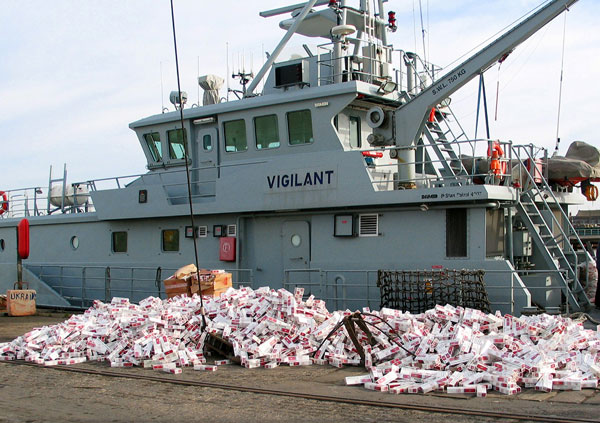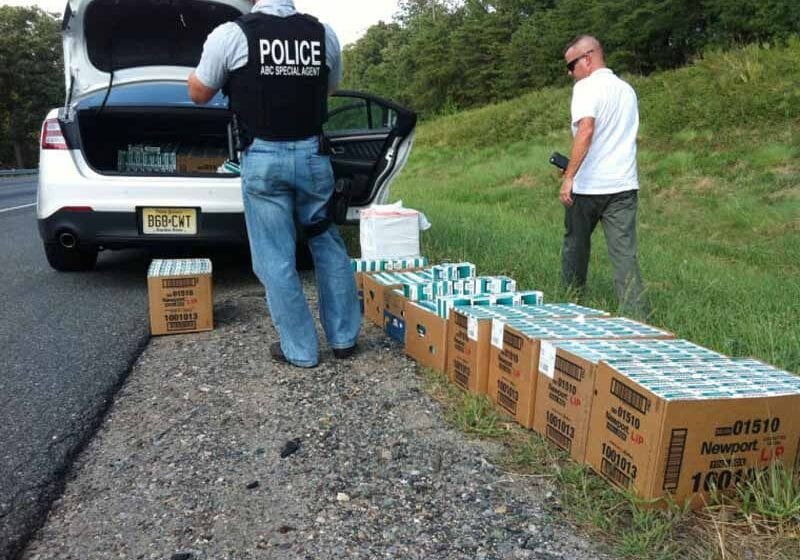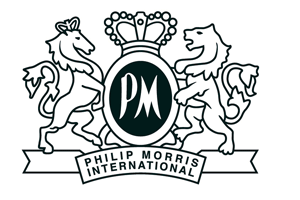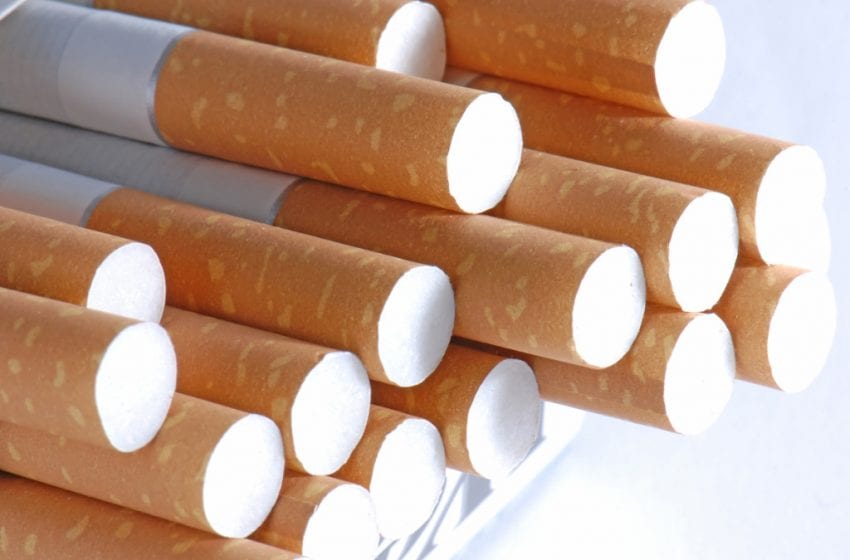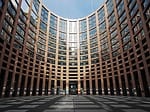Philip Morris International announced yesterday 32 projects that had been selected for the first funding round of PMI IMPACT, a global initiative aimed at supporting organizations in developing and implementing projects dedicated to fighting illegal trade and related crimes.
PMI said in a note posted on its website that the PMI IMPACT Expert Council had reviewed and selected the projects from more than 200 proposals that had come from public, private, and academic organizations in 18 countries.
It said the grants that would be allocated in the first round of PMI IMPACT amounted to about US$28 million.
“The creative solutions and innovative actions proposed by the selected projects can significantly help advance the global efforts against illegal trade and contribute to alleviating the pervasive consequences of crime on our economy, society, and global security,” said Jürgen Storbeck, Expert Council member. “We congratulate the successful applicants for their excellent proposals, which we now look forward to seeing implemented.”
The selected projects are said to cover a broad range of activities in the EU and neighboring countries, in line with the theme of the first round.
Many of the projects would go beyond tackling the illegal tobacco trade to explore the nexus between organized crime, terrorism, online- and offline-trafficking, and the interdependencies between different forms of illegal trade.
“It is impressive to see such a wide range of new approaches that address the core of this complex problem,” said Alvise Giustiniani, PMI’s vice president illicit trade strategies and prevention.
“Illicit tobacco trade is just one face of a growing web of crimes, and we know that it’s only through co-ordinated actions of many public and private actors that we can put an end to these illegal activities that harm consumers, damage businesses, and allow criminals to prosper.”
The projects, which are expected to be completed over the next two years, include:
- Research exploring the scope and drivers of illegal trade;
- Technical solutions and equipment to support law enforcement operations;
- Activities to enhance the capacity and proficiency of law enforcement agencies and other actors; and
- Education and awareness programs, including initiatives for greater cross-sector collaboration.
A list of the selected projects is available on the PMI IMPACT website:
http://www.pmi-impact.com/updates/firstfundinground
PMI, which has pledged US$100 million for three funding rounds of PMI IMPACT said it would soon call for project proposals for its second funding round.

